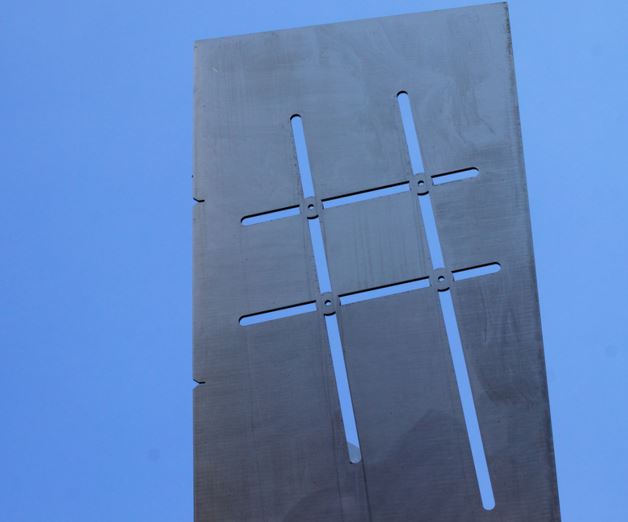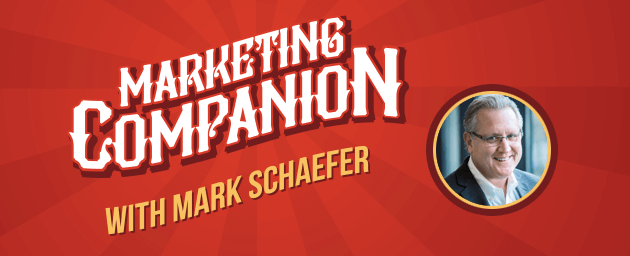By Kerry Gorgone, {grow} Contributing Columnist
The “pound sign” (#) has seen quite a resurgence in popularity the past few years, as people repurpose it as the omnipresent hashtag on social networks like Twitter and Facebook.
Marketers and brands jumped on the hashtag train early (with some hilarious missteps), using hashtags to run giveaways, facilitate Twitter chats or just get cheeky with brand audiences.
Consider thy neighbor. Share a square. #GoodNeighborDay #TweetFromTheSeat pic.twitter.com/KC5kes552t
— Charmin (@Charmin) September 28, 2015
If you’re sharing content on behalf of a brand and hashtagging it with a competitor’s trademark, you might be unwittingly breaking the law.
A trademark or service mark helps your audience identify goods or services from a specific source. The law protects businesses from unfair competition by making it illegal for someone else in your industry to use your protected mark on their competing goods.
Trademark protection covers only the specific category of goods or services you deal in. For example, Delta Airlines owns the trademark “Delta” for air travel, but Delta faucets owns the trademark for bathroom fixtures. No legal issues: they’re in different industries.
Putting a hashtag symbol in front of someone else’s trademark is fine if you’re a private citizen having a conversation online, but it could be risky for marketers to hashtag a competitor’s trademark.
In a recent trademark case, Eksouzian v. Albanese, the court had to decide whether one of the parties had violated a settlement agreement by using the hashtag #cloudpen (not a brand name: just a term commonly used to describe compact vaporizers).
In Eksouzian, the court found that using a descriptive hashtag (like #cloudpen) did not violate trademark law or the settlement agreement in that case, because the hashtagged term was not itself a trademark.
Therein lies an important distinction for marketers: using the hashtag #cloudpen is fine, but avoid using #vapemail if you’re tweeting on behalf of a competing electronic cigarette brand, because “#vapemail” is a trademark.
Tips to #HashtagReponsibly:
- Avoid using trademarks as hashtags in marketing posts (unless you own the trademarks). For example, don’t use #CocaCola if you’re tweeting from Pepsi’s official account and promoting Pepsi.
- Don’t hijack another brand’s hashtag during an event or Twitter chat. It might not be illegal, depending on the circumstances, but it’s bad manners regardless.
- Don’t use irrelevant hashtags. If you tag your marketing post #DIY when the content you’re posting has nothing to do with crafting or “do it yourself” projects, people will be annoyed. Typically not the reaction you’re going for when you use social media for marketing.
- Don’t hashtag your Twitter fights. Ideally, don’t engage trolls at all, but if you feel the need to have a heated discussion about your brand online, avoid using hashtags relating to your brand. It’s like posting road signs to your street brawl!
Of course, in your personal life, you can hashtag all you like. I use long hashtags to editorialize or have a bit of fun. #YouKnowThatsRight.
Just exercise caution when hashtagging a tweet or Facebook post made on behalf of a client or employer.
#BetterSafeThanSorry. #AmIRight?
Kerry O’Shea Gorgone is a writer, lawyer, speaker and educator. She’s also Instructional Design Manager, Enterprise Training, at MarketingProfs. Kerry hosts the weekly Marketing Smarts podcast. Find Kerry on Google+ and Twitter.
Illustration courtest Flickr CC and Alan Levine.




